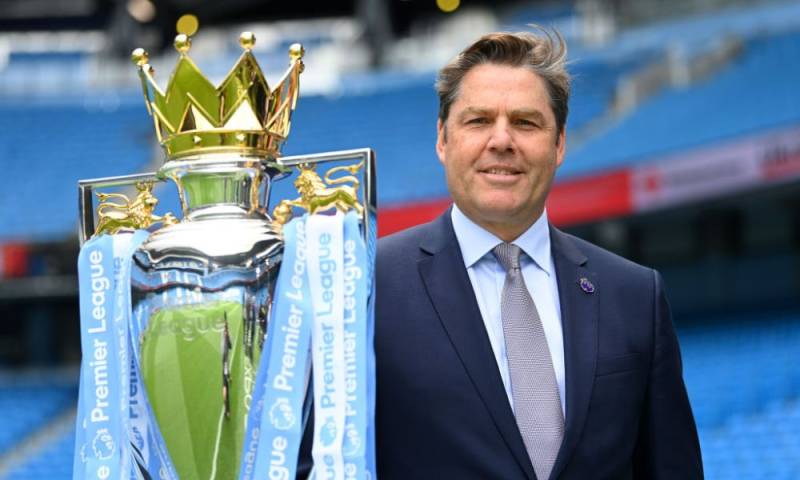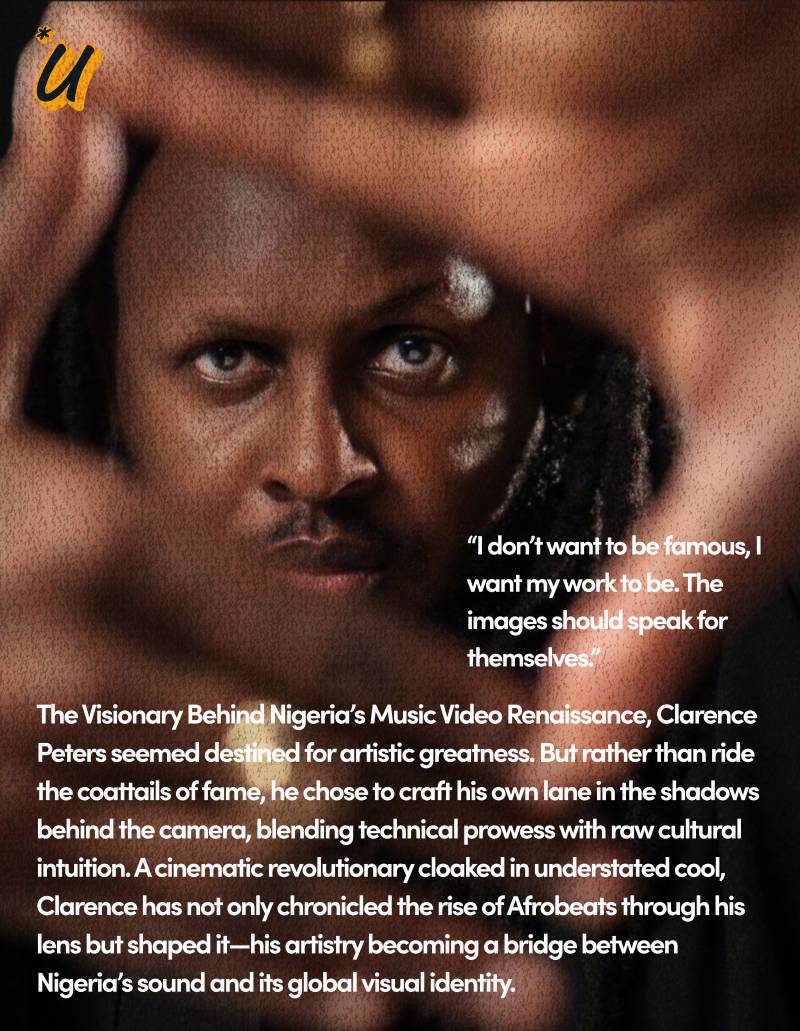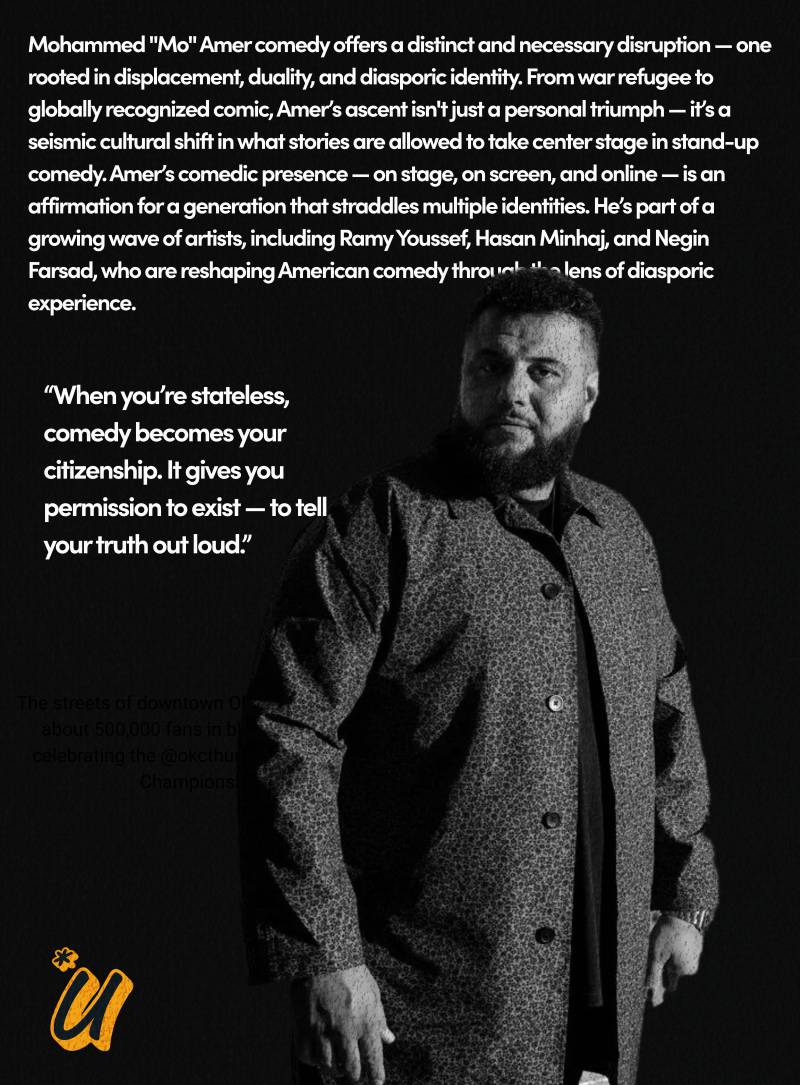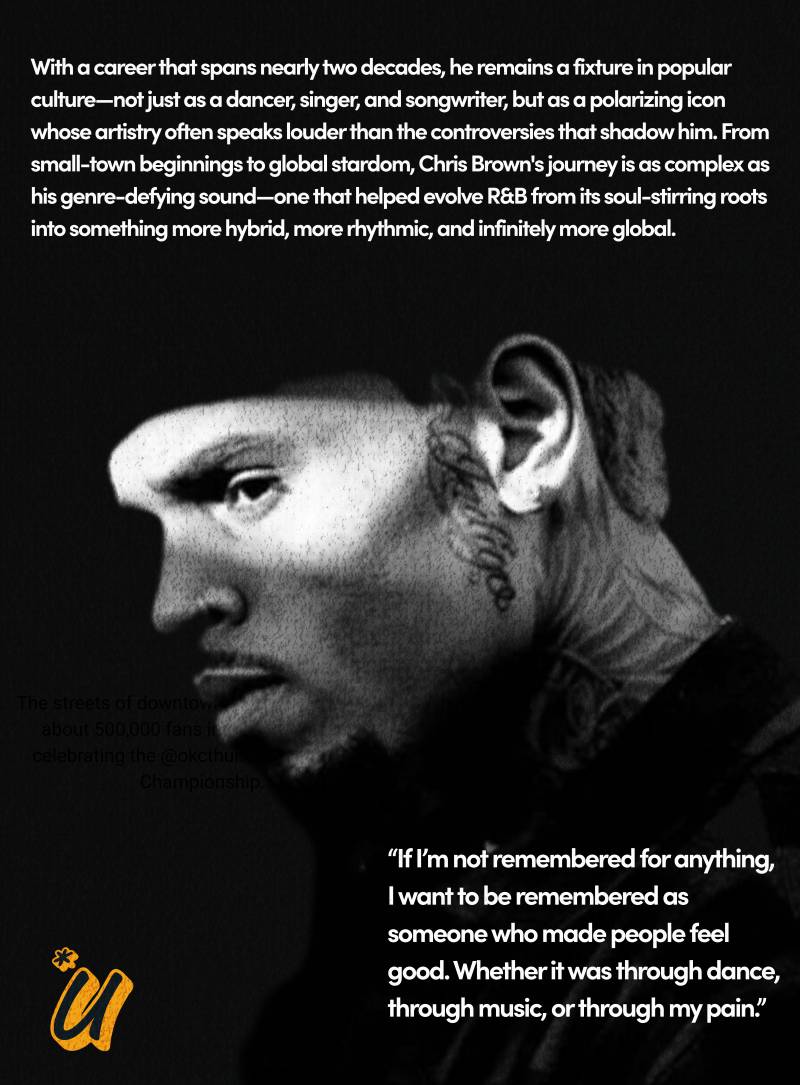When Ice Prince Zamani says, "I don’t make music for validation," it isn’t just a bold declaration — it’s a deeply personal revelation. The statement doesn’t seek to spark controversy; instead, it peels back the curtain on an artist who’s long chosen depth over decoration, and soul over the superficial. This isn’t the Ice Prince of blog headlines or Twitter trends. This is Panshak Zamani — a boy from Jos who became a voice, an energy, and a blueprint.
In his Tea With Tay episode, Ice Prince doesn’t just speak. He shares — not just with words but with a maturity and introspection earned through time, trials, and transformation. It’s easy to associate Ice Prince with his meteoric rise: “Oleku” defined an era, gave mainstream hip-hop a melodic doorway, and made space for a new kind of Nigerian rapper — one who could be cool, conscious, and commercially successful. But beyond the accolades and platinum moments lies a story rarely told with this much clarity.
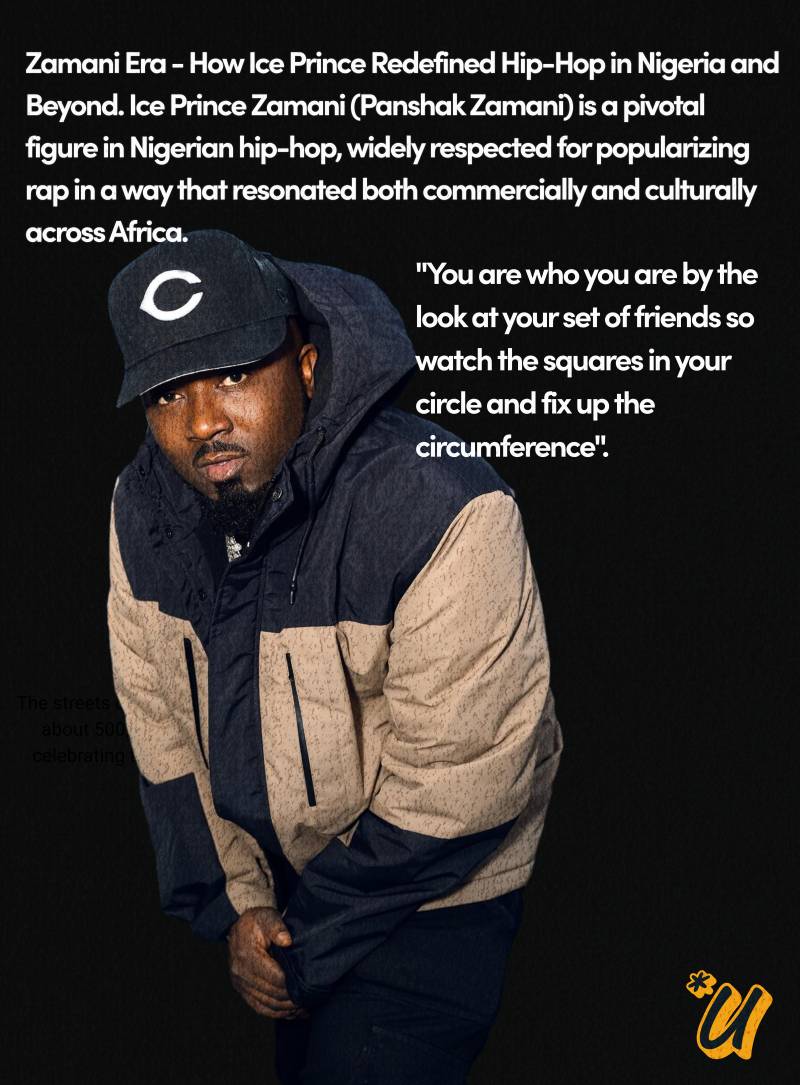
Related article - Uphorial Podcast
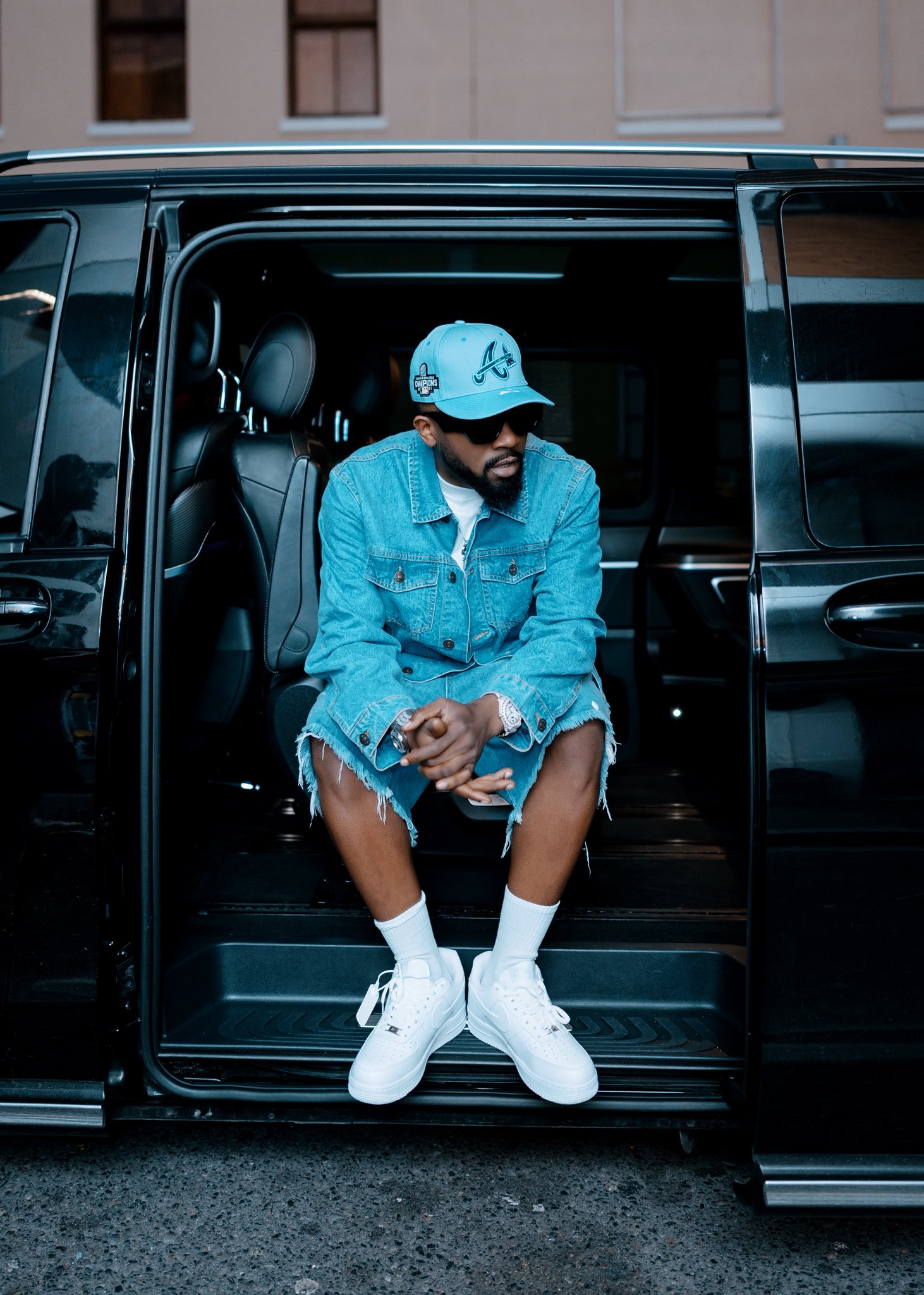
Ice Prince isn’t chasing anything anymore. He’s living. And in doing so, he’s rewriting what relevance truly means in a culture obsessed with virality. For him, legacy is not a shelf of awards — it’s what people feel when they remember your name. It’s the unspoken echo you leave in the room when your music stops playing. Through fatherhood, he’s found grounding. Through fashion, he’s expressed layers of himself that words couldn’t capture. Through silence, he’s listened more to the culture, to his soul, to God. And all of it bleeds into his music. Today, he isn’t trying to prove a point — he’s trying to make one. There’s a difference.
One thing Ice Prince makes crystal clear is that success without self-awareness is hollow. His journey through the Nigerian music ecosystem — from those early days in Jos with M.I and Jesse Jagz, to filling arenas and representing Africa globally — has shown him that purpose ages better than applause. He doesn’t dismiss validation. He’s human after all. But when he speaks of evolution, it’s not about abandoning the rap game. It’s about expanding the canvas. Ice Prince believes music, especially Nigerian hip-hop, should reflect real lives. It should heal, challenge, and occasionally, just make you vibe. But it should mean something.
His belief that "the coolest guys can sing" speaks volumes. It’s a rejection of toxic masculinity in hip-hop. It’s also a celebration of emotional fluency — something African men have rarely been allowed to express publicly. Ice Prince is giving permission, not just to himself, but to a new generation of artists to be more — and to be more honest. There’s a calmness to Ice Prince today. Not the kind that comes from having “made it,” but the kind that comes from unlearning the noise and learning yourself. It’s this clarity that gives his words — and his music — renewed weight. He doesn’t just want to be heard. He wants to matter.
In a world driven by metrics, charts, and algorithms, artists like Ice Prince remind us why we started listening in the first place. Not just to escape, but to connect. Not just for fun, but for fuel. He’s no longer in the studio trying to top the last hit. He’s trying to top the last truth he told. So, when Ice Prince says he doesn’t make music for validation, believe him. He makes music for purpose — for legacy — and for the peace that comes with knowing who you are when the lights dim and the crowd disappears. And that, in today’s world, is the loudest kind of music there is.
